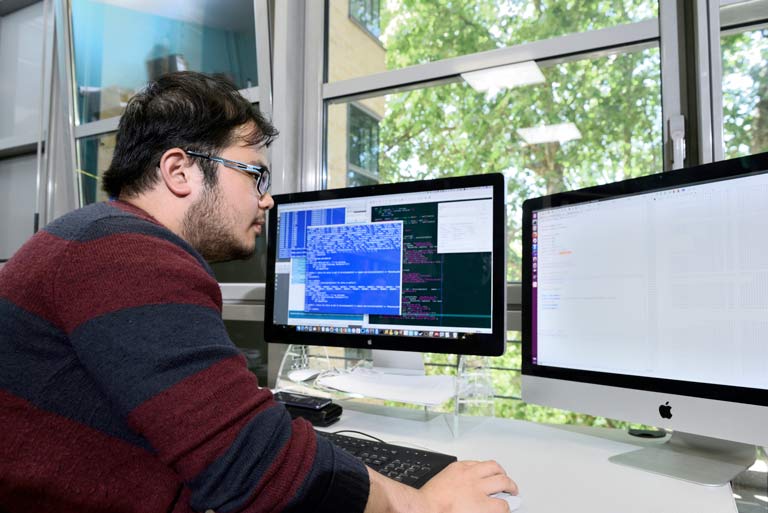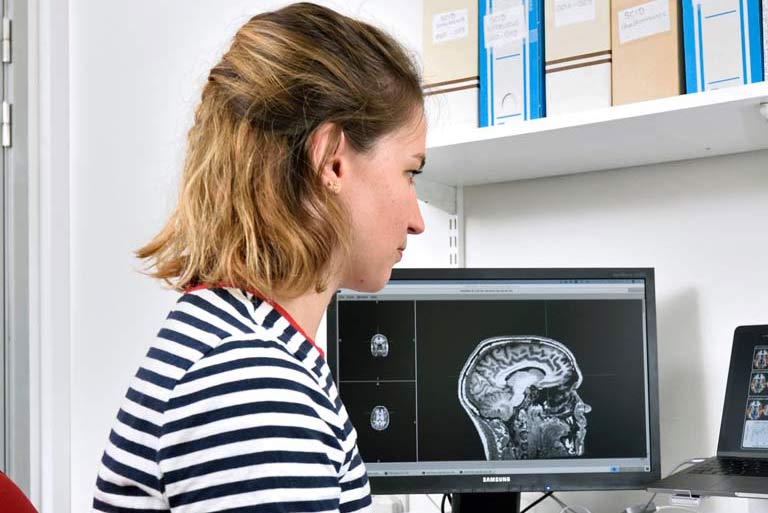Training

Pillar one
Health data science

Pillar two
‘Omics

Pillar three
AI
Summary of Modules
Arrows indicate the suggested flow of learning.
Health Data Science
‘Omics
AI
Introduction to AI and Deep Learning
Coming Soon
Unix and IT Infrastructure
Now Live
NGS Pipelines
Now Live
ATAC-Seq
Now Live
RNA-Seq
Now Live
NGS on Galaxy
Now Live
Sequence Alignment and BLAST
Now Live
Which R module should I do?
With multiple R modules this section should help you choose which module is right for you.
Basic R with Data Carpentry is our most introductory course. You will be following video lectures where the instructor demonstrates step-by-step programming in R that you can follow along with on your own device (parallel coding). Even the most basic steps such as how to create and save your code will be covered. The lectures will provide you with all the information needed to be copied directly when working with your own data. This is a great option if you are not sure if R is for you. It is around 10 hours learning time in total including the hands-on coding and data analysis challenges.
Introduction to R for Health Research sits half a step above this. While the module assumes that learners have no prior knowledge of coding you may have some experience in basic maths and basic statistical principles. This course is a more in depth offering covering much of Basic R and a little bit more. There are many opportunities to do your coding but to also experiment with the learning materials to apply programming theory to your own work. As it covers more content and spends more time covering the theoretical background to R, the learning time is closer to 20 hours.
